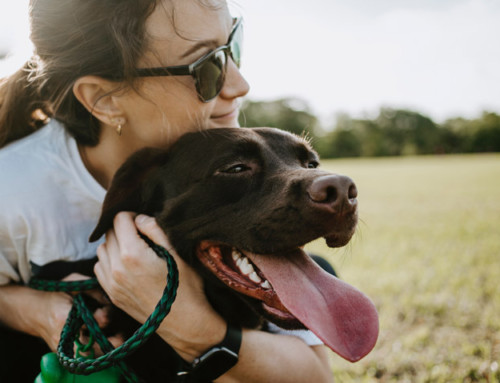The term – responsible pet owner – is often bandied about, but do you really know what it means? We all know what it feels like to be nagged by the kids to get a cute little puppy or kitten for Christmas or Birthday, or the impulse to take a beautiful kitten or puppy home when we see them in a pet shop. And whilst we know that the promise of a pet often comes with extracting commitments from the kids to help with care all too often, after the initial hugs and kisses, the desire to do the hard yards with the pet can wane, along with it, more work for others in the family and a pet that may be a little neglected of care, if not of love. So before you go out and get your perfect pet, think about whether you would be able to be a responsible pet owner. And if you think the answer is no, then perhaps now is not the time to add a pet to the family.
1. Research
Never let this be an impulse decision made when you are walking past a pet shop in the mall. Before you get your pet do your research to find the pet that is suited to your home, your family and your lifestyle. At the same time ensure you thoroughly understand how to care for your pet before you make a decision. Each breed and species will have their own requirements. Once you select your pet, comprehensively research your chosen breed / crossbreed so that there are no surprises you’re your new furry family member comes home. Check out our dog breed and cat breed centre to find out more about specific breeds, and Pedigree offers a handy pet selector tool as well. If you are adopting (which we recommend) the adoption organisation will be able to give you information about the pet, and if you are purchasing from a breeder they can tell you what is required with respect to diet, exercise and space needs.
Make sure you know exactly where your pet comes from so that you are not inadvertently supporting nasty puppy farms and breeding factories. Be very cautious and suspicious of pets sold in pet shops, and online. Remember a pet is a commitment for the life of the pet. It is not a commodity.
2. Time and money
Pet ownership requires time and money. It is important to make sure you can afford to look after your pet properly for the life of your pet. On average dogs live for 12 years, but it can be much longer (if you’re lucky!), and cats live for around 15 years with some making it to 20. You need to be prepared for a puppy, kitten and then a dog or cat, each of which has changing needs over time.
You will need to be able to afford to provide ongoing health care as well as being prepared for accident or illness (vet fees) – here’s where pet insurance comes in handy, food, shelter, toys, beds and preventive health care (vaccinations, etc), and even boarding fees if you go on holiday.
To see where all the money goes in looking after pets in Australia, check out 2018 Highest Pet Expenses in Australia
Responsible pet owners microchip and register their cat or dog and make sure that contact details are always up to date. You can also register your pet on lost pet finders to increase the chance of your pet being returned in the event he or she goes AWOL.
Time for training is a key component to ensure that you and your pet can live together harmoniously and make your pet a “responsible pet” too! All the effort put in up front will reap rewards in the long term.
3. Lifestyle and situation
Working long hours, being away often and having a busy social life can be a recipe for a very unhappy pet, which can result in a poorly behaved pet. Responsible pet owners need to be able to ensure that their pet has company (human) and is properly socialised.
Consider your home situation and as far as possible make sure it is stable. Many pets end up abandoned because their owners move home which is tragic.
4. Consideration for the environment
Responsible pet owners will always pick up after their pet (that’s an obvious no brainer), but also ensure that your pet is managed so that native animals are protected. Dogs should be kept under control and put on leashes in nature reserves or bushland, and cats should be kept inside overnight. Unchecked dogs can harass and kill native animals, cats are instinctive hunters and kill many birds and lizards if left to their own devices. Even if your pet kills a small number of native animals, if you are in an urban area it can have a bigger effect on an already reduced population.
6 Important questions to ask yourself before you take on a pet
1) Can I take care of this pet for it’s whole life?
2) Do I really understand how to care for my pet?
3) Can I afford to give my pet the care he needs in the long term?
4) Do I have enough time to train and care for this pet?
5) Is my accommodation suitable for this pet, is there enough space?
6) Will a pet comfortably fit into my lifestyle and priorities?







[…] not all dog breeds are perfect for kids – so as a responsible pet owner, you need to do your homework […]
Couldn’t agree more House of Petz!
[…] line is that working with your dog is simply part of responsible pet ownership and punishing your dog for not obeying is like punishing your two-year-old for not understanding a […]
This same thing happened with my kids were born we were skeptical about our kids and dogs safety as well